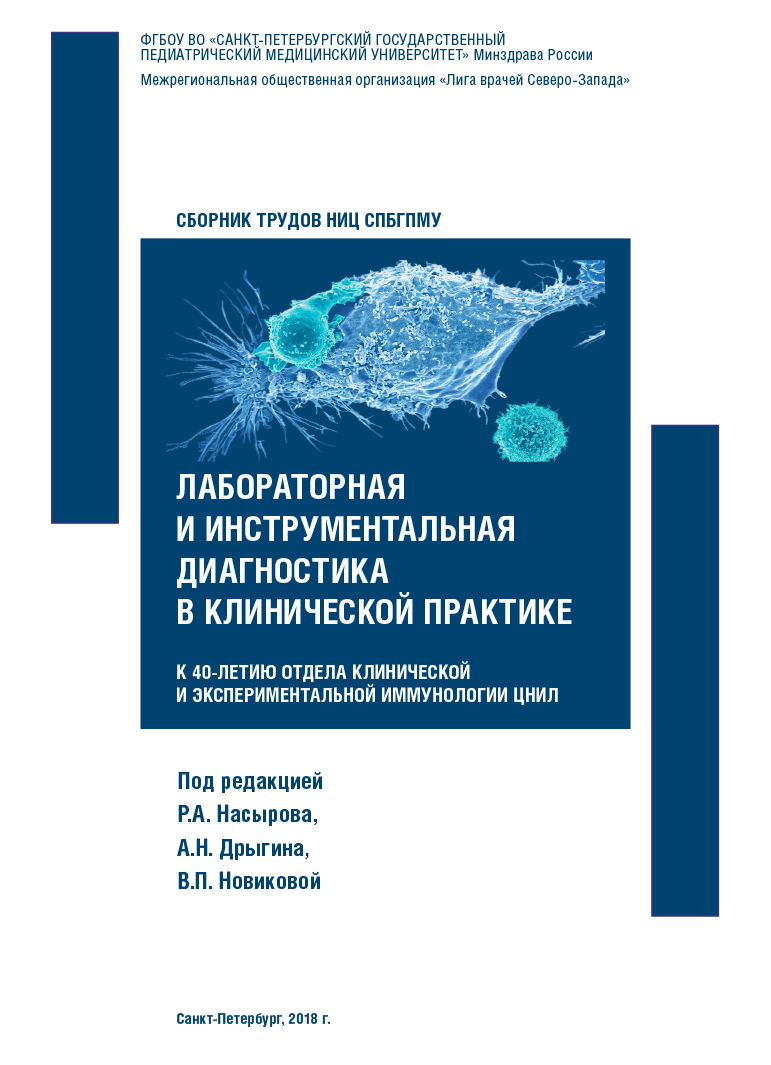DEAMIDATED GLIADINE PEPTIDE ANTIBODIES IN LABORATORY DIAGNOSTICS OF CELIAC DISEASE
Abstract
Recently much attention has been paid to laboratory diagnostics of celiac disease, which allows avoiding invasive methods, such as small bowel biopsies. Specific laboratory methods include the determination of deaminated gliadin peptides (anti-DGP), autoantibodies to tissue transglutaminase (anti-tTG), endomysium (AEA) and genotyping of HLA-DQ2/8 loci. For the diagnosis is sufficient to have genotypes and autoantibodies. The importance of detecting anti-DGP is still a controversial issue among gastroenterologists. The aim of the study. To evaluate the occurrence of anti-DGP relative to the presence of HLA-DQ2/8 and anti-tTG genotypes among 332 patients. Methods. To asses the detection of anti-DGP and compare with the anti-tTG-test relative to genetic predisposition to celiac disease we analyzed the results of genotyping studies and the determination of celiac specific antibodies in 332 patients who were enrolled in the autoimmune disease diagnostic laboratory of the I.P. Pavlov SPbSMU from 2014 to 2017. Results. Autoantibodies to tissue transglutaminase were detected exclusively in the presence of genotypes HLA-DQ2/8 (p=0.047), whereas anti-DGP were determined regardless of the genotype, however high level of anti-DGP was more common for genetically predisposed individuals (p=0.038). 55% (19/35) of patients, anti-DGP and anti-tTG were combined, in 35% (12/35) of cases the level of anti-DGP was more than 100 units/ml. Conclusion. Our study shows that anti-DGP are nonspecific indicator of celiac disease, but a high level of these antibodies in the absence of anti-tTG allows to suspect the disease. It was proved that the presence of anti-tTG is characteristic for carriers of HLA-DQ2/8 genotypes and therefore the determination of these autoantibodies is a specific method in the diagnosis of celiac disease.



